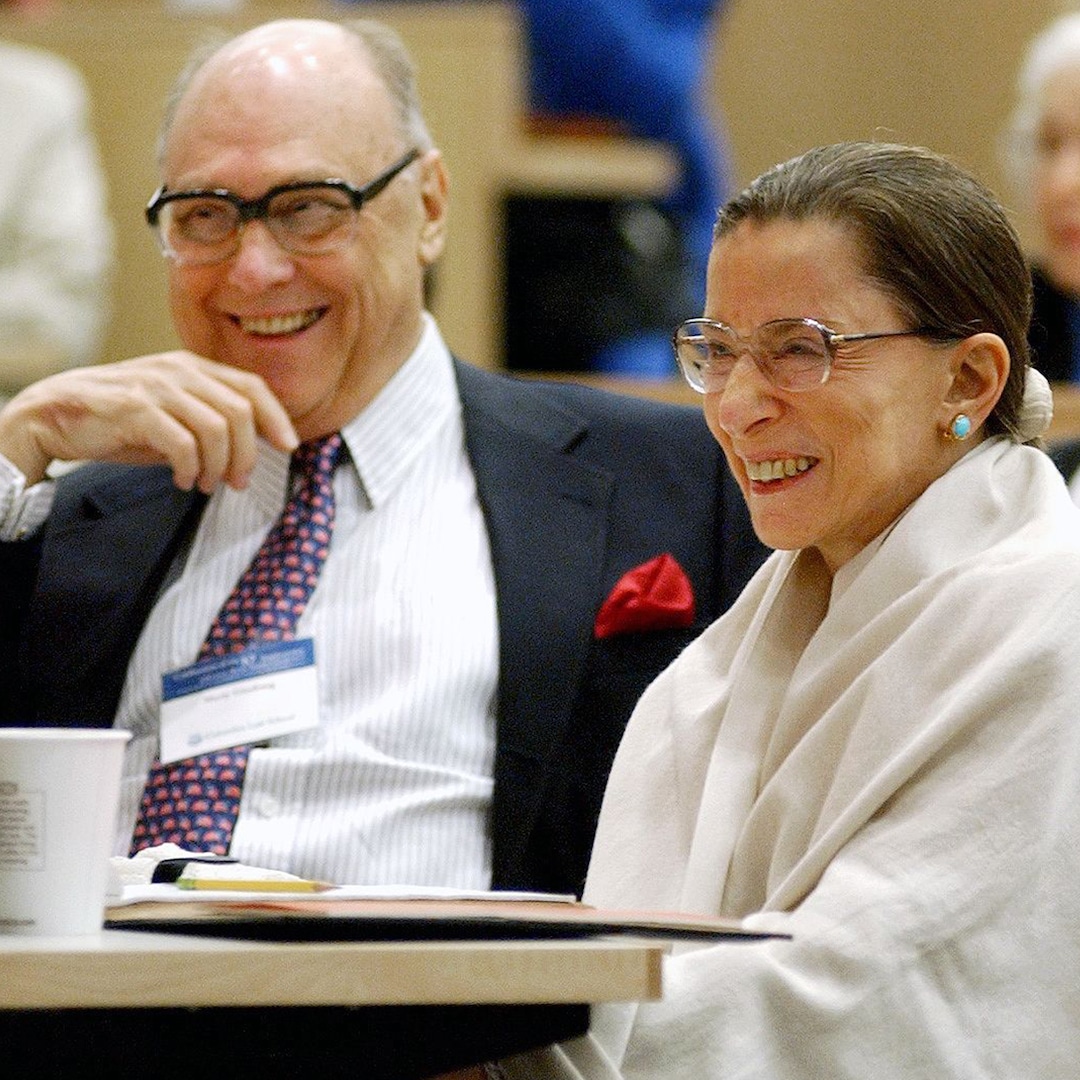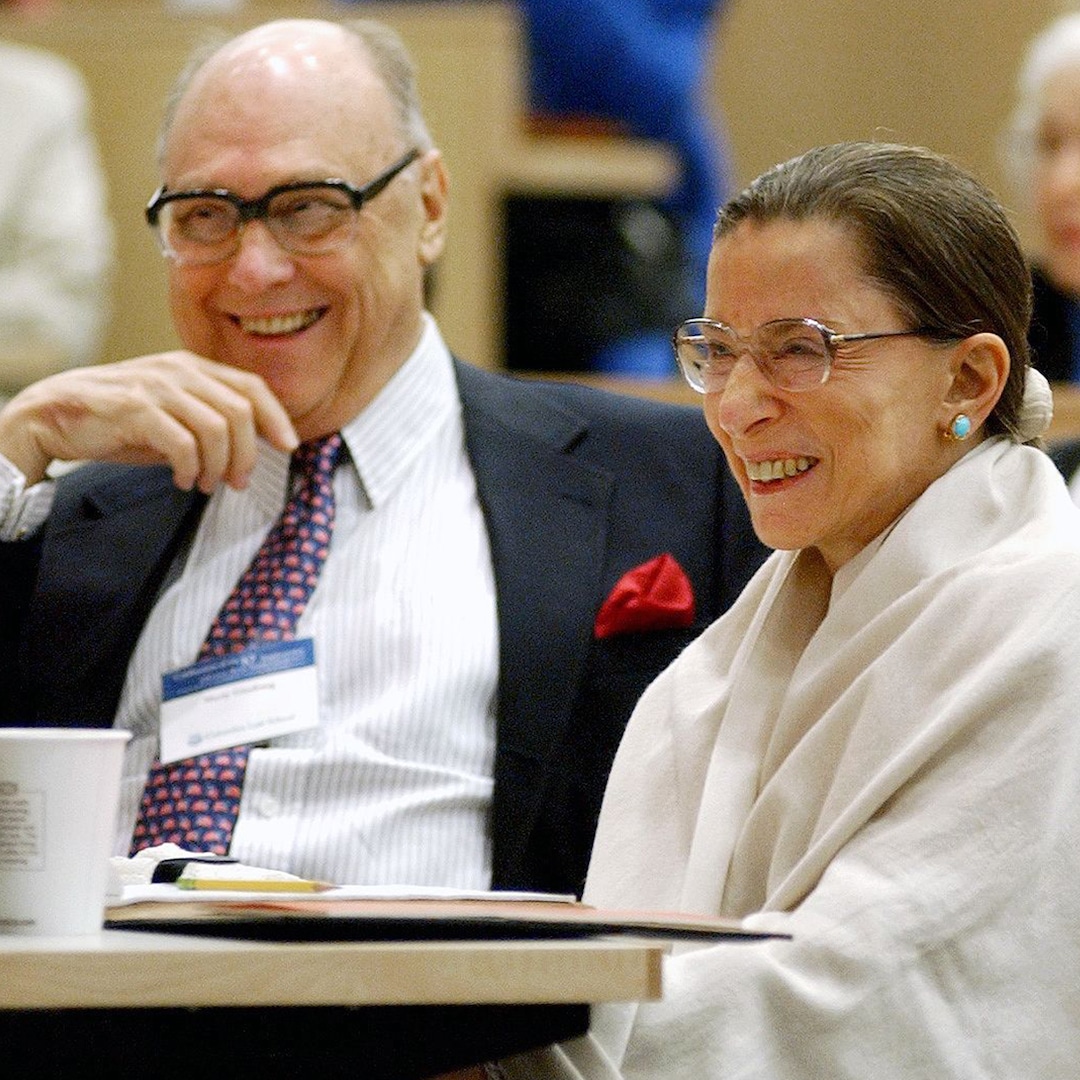
Whatever Ruth’s reservations may have been, they were behind her by her junior year. “Marty was most unusual. He was the first boy I ever met who cared that I had a brain,” she said at the Aspen Ideas Festival in 2010. ”And he always thought I was better than I thought I really was.” (And in the early 1950s, with McCarthyism enraging both of them, she had realized that their politics were also a match.)
They planned to take on the world together, starting with graduate studies, and that’s basically how Marty ended up enrolling at Harvard Law School. He had considered medicine, but that didn’t interest Ruth, and Harvard Business School didn’t accept women. Harvard Law was somewhere they could both go. Ruth, with one year left to go at Cornell, would visit Marty in Cambridge, sometimes sitting in on his first year courses.
Ruth graduated from Cornell in 1954 and married Marty that June 23, her in-laws gifting the bride her own set of golf clubs. Evelyn discreetly slipped the bride some ear plugs, saying, “I am going to give you some advice that will serve you well. In every good marriage, it pays sometimes to be a little deaf.” Ruth wrote in a 2002 essay for the anthology The Right Words at the Right Time that she took her mother-in-law’s advice to heart, poetically noting, “Tempers momentarily aroused generally subside like a summer storm.”
The next day the newlyweds took off (via ocean liner) for a driving tour of Western Europe. First they moved to Fort Sill in Lawton, Okla., for a year so Marty could fulfill his ROTC obligations, having signed up for another two years when the Korean War broke out. Ruth got a job as a clerk in the local Social Security Office, where her radar for injustice was sparked when she saw firsthand how Native Americans were routinely denied government benefits, often because they didn’t have official birth certificates.
“We had nearly two whole years far from school, far from career pressures, and far from relatives to learn about each other and begin to build a life,” Marty recalled, per De Hart. They spent their evenings reading the classics (Nabokov had been one of Ruth’s literature professors) and listening to music, especially opera.
They also welcomed daughter Jane Carol Ginsburg on July 21, 1955.
Ginsburg’s own mother, Celia, died of cancer two days before Ruth’s graduation from James Madison High School in Brooklyn. The teen missed the ceremony to stay home with her father, Nathan, and her honors and medals were mailed to her. According to De Hart’s 2018 biography Ruth Bader Ginsburg, Kiki—as her mom and dad called her—would always wear Celia’s circle pin on her suit lapel for important occasions, any time she felt her mother would have been proud.
When she was announced as Clinton’s Supreme Court pick in June 1993, Ginsburg invoked her mother, saying, “I pray that I may be all that she would have been had she lived in an age when women could aspire and achieve and daughters are cherished as much as sons.”
The commander in chief was in tears.
